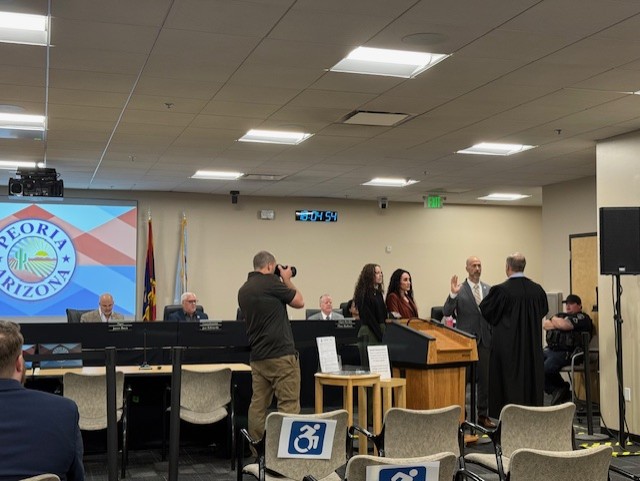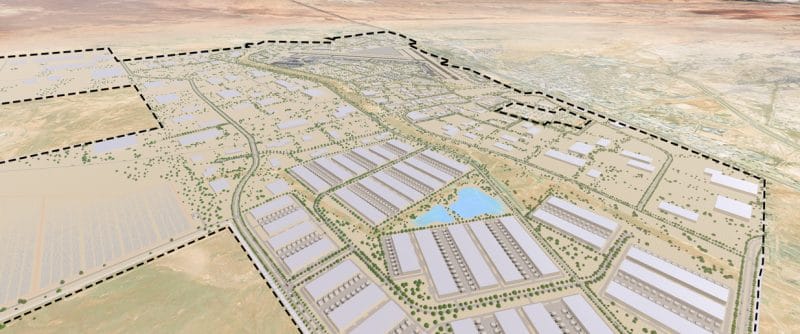
By Thomas Galvin, Attorney at Rose Law Group
We are looking at other jurisdictions and other states and seeing what they are doing to flatten the curve of the threat from Covid-19. Today we look at Nevada and San Francisco.
Nevada Governor Steve Sisolak issued a “Risk Mitigation Initiative,” which ,while not an executive order, is issued as a guidance that serves to protect the healthy and safety of Nevadans. The goal of the governor’s guidance is to reduce the number of Nevadans who contract COVID-19 before an effective treatment or vaccine is available. “The most effective course of action is for all Nevadans to stay home and for all nonessential businesses to temporarily close to the public for 30 days,” Governor Sisolak said.
Let’s take a look at what qualifies as a essential business and what does not:
Essential services and sectors include but are not limited to: • fire services, law enforcement agencies, emergency medical services & public safety agencies • healthcare services • businesses or organizations that provide food, shelter, or critical social services for disadvantaged populations • utilities as defined in NRS Chapter 704 • trash collection • home maintenance/repair services • auto repair services & trucking service centers • grocery stores, supermarkets, hardware stores, convenience & discount stores • pharmacies, healthcare operations, & biomedical facilities • post offices & shipping outlets • gas stations & truck stops • banks & financial institutions • V\veterinary services & pet stores • laundromats & dry cleaners • food processing • agriculture, livestock & feed mills • logistics & supply chain operations: warehousing, storage, distribution, and supply-chain related operations • public transportation • essential stays in hotels, commercial lodging, dormitories, shelters, and homeless encampments • child care centers and daycares operating in accordance with requirements set forth by their licensing authorities and COVID-19 guidance
Once one peruses the list, it becomes apparent that many businesses are essential to keep up the infrastructure and daily necessities of life.
In an effort to save lives during the Covid-19 disaster, seven counties in California, including San Francisco, implemented a “shelter-in-place” order. The order requires residents to stay in their homes and for businesses to close. “Essential businesses” are exempt. The key in issuing such a drastic order is carving out the appropriate industries to prevent the economy from collapsing. San Francisco’s measures included exceptions including the “construction of housing” for construction workers, plumbers, and electricians to continue working.
All Bay Area counties have the same exemption language:
“For purposes of this Order, individuals may leave their residence to provide any services or perform any work necessary to the operations and maintenance of “Essential Infrastructure,” including, but not limited to, public works construction, construction of housing (in particular affordable housing or housing for individuals experiencing homelessness), airport operations, water, sewer, gas, electrical, oil refining, roads and highways, public transportation, solid waste collection and removal, internet, and telecommunications systems (including the provision of essential global, national, and local infrastructure for computing services, business infrastructure, communications, and web-based services), provided that they carry out those services or that work in compliance with Social Distancing Requirements as defined this Section, to the extent possible.”
The California Building Industry Association noted the issuance of permits and performing inspections are also “necessary” to carry out the construction of housing. Consequently, inspections for permits, certificates of occupancy, utility connections and recording of documents and financial instruments would be covered.
RELATED: https://nvhealthresponse.nv.gov/wp-content/uploads/2020/03/NV-Health-Response-








